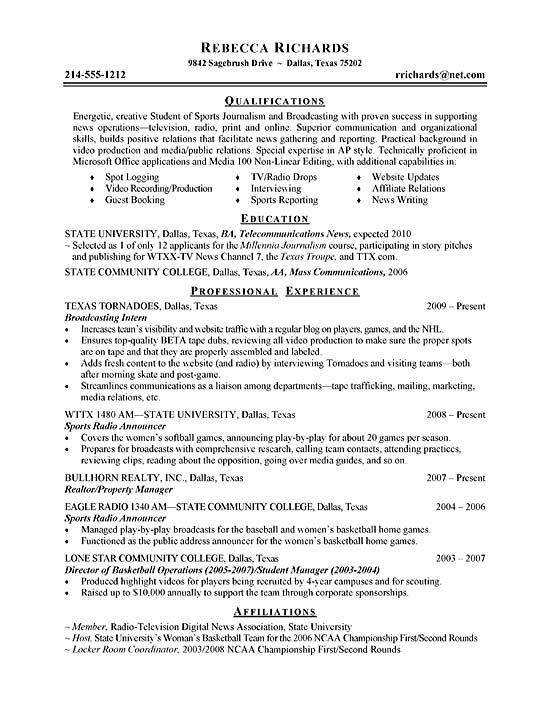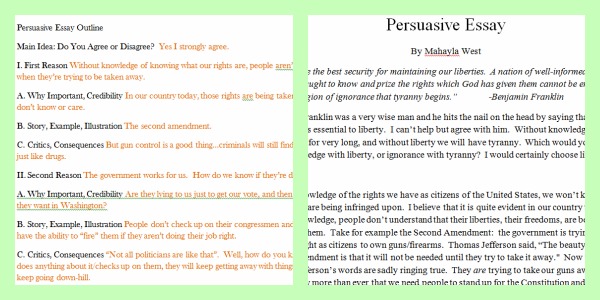Advance statement about your wishes - NHS.
An advance decision (sometimes known as an advance decision to refuse treatment, an ADRT, or a living will) is a decision you can make now to refuse a specific type of treatment at some time in the future. It lets your family, carers and health professionals know your wishes about refusing treatment if you're unable to make or communicate those.
An advance statement is a written statement that sets down your preferences, wishes, beliefs and values regarding your future care. The aim is to provide a guide to anyone who might have to make decisions in your best interest if you have lost the capacity to make decisions or to communicate them.

The steps for making an Advance Directive explained. You can write an Advance Directive yourself or you can make one using our free form.The form is called an Advance Decision, but it can still be used in Scotland even though it has a different name.
Advance care planning is not just about old age. At any age, a medical crisis could leave you too ill to make your own healthcare decisions. Even if you are not sick now, planning for health care in the future is an important step toward making sure you get the medical care you would want, if you are unable to speak for yourself and doctors and family members are making the decisions for you.

If you need help writing an advance directive, ask your health care team if they m ight be able to help. You m ight also consider contact ing an attorney or a mediator. But, m ost people don't need an attorney to write an advance directive. Do not lock your advance directive in a safe-deposit box, home safe, or filing cabinet that only you can.

It is not only the people with terminal cases that write advanced directives. Normal people who feel that accidents can occur to them and may need specific medical treatment write advanced directives indicating what they want and what they do not want when such a situation occurs (Cotts 2006: 5).

If you've decided to write an advance directive, you've taken an important step to make sure that your health care wishes are met. When you write your advance directive, think about the kinds of treatments you do or don't want to receive if you get seriously hurt or ill.

These tips can also help you prepare an advance directive. Talk to your healthcare provider. Discuss your healthcare wishes with your healthcare provider at routine appointments or a Medicare wellness visit, so they can help you complete your advance directives. Talk to your family and friends. Explain your wishes to your family and friends so that they are aware of them.

Advance decisions (living wills). However, it is good practice to write it down and give a copy to your loved ones and all involved in your care. Your GP and medical team must know about your advance decision so they can include it in your medical notes. You should review it regularly, and can change it at any time. You must make sure that you clearly communicate and record these changes.

Advance directives and the law. Federal law requires hospitals, skilled nursing facilities, hospices, home health agencies and health maintenance organizations (HMOs) that serve persons covered by either Medicare or Medicaid to give them information about advance directives. The facility must tell you about your legal right to have an advance.

Making an Advance Health Directive. You can make an Advance Health Directive (AHD) anytime as long as you are at least 18 and have capacity.; You have capacity if you are capable of understanding the nature and effect of your AHD. You may lack full legal capacity if your decision making is impaired, for example, due to illness, disease or injury or due to the effects of medication, drugs or.

Advance directives and living wills do not have to be complicated documents. They can be short, simple statements about what you want done or not done. Remember, anything you write by yourself or with a computer software package should follow your state laws. You may also want your doctor or a lawyer to review what you have written. They can make sure your directives are understood exactly as.

Advance directives aren’t “do not resuscitate orders.” Doctors write these orders to reflect a person’s wishes not to have CPR if he’s not breathing or if his heart stops, or because the.


